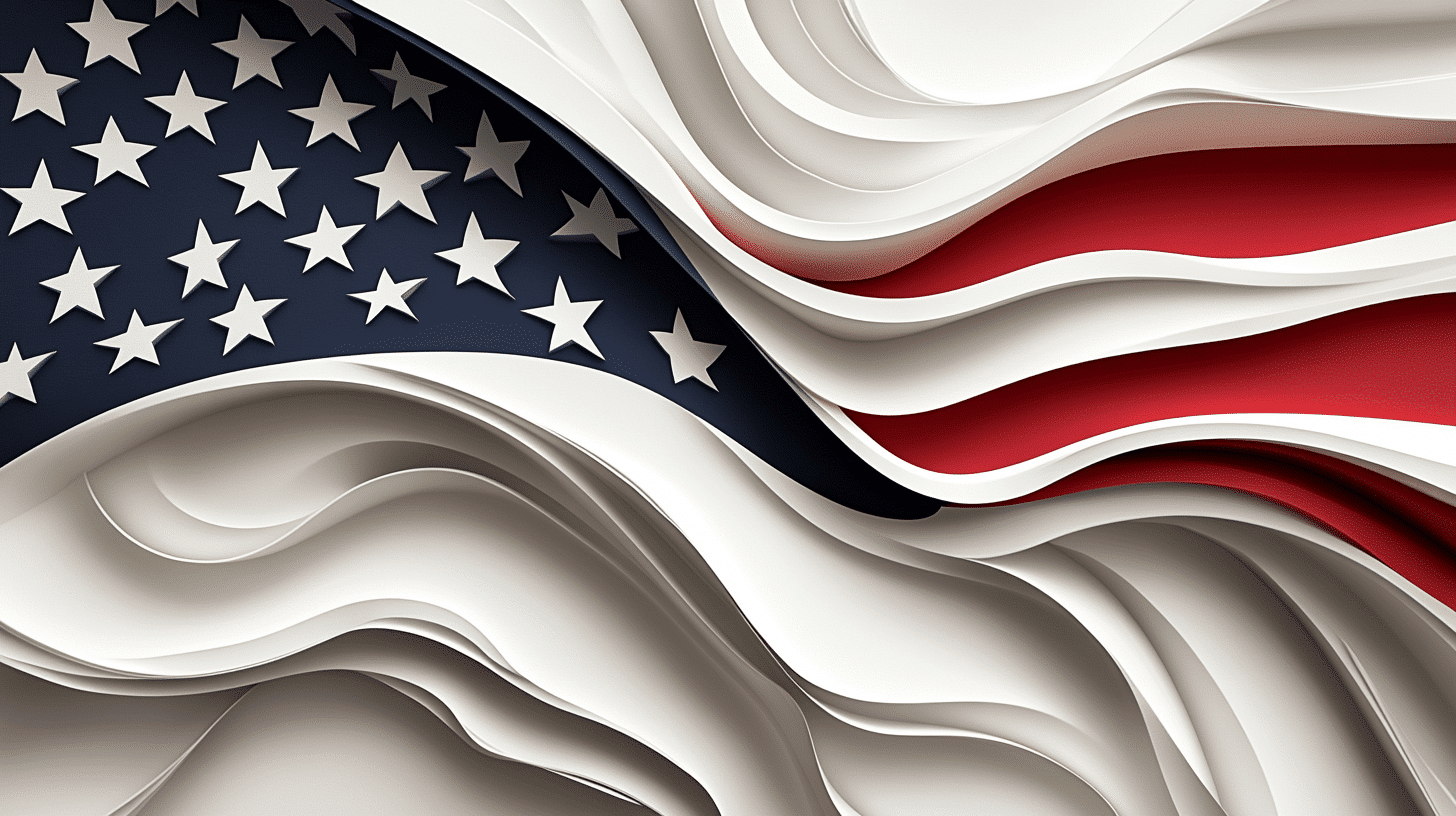What is National Frankenstein Day?
National Frankenstein Day is celebrated in the United States on the last Friday in October to honor Mary Shelley, the author of Frankenstein, and to celebrate one of the most iconic figures in horror literature. Frankenstein; or, The Modern Prometheus, published in 1818, introduced readers to the tragic story of Dr. Victor Frankenstein and his misunderstood creature. This classic tale is often considered one of the first science fiction novels, exploring themes of ambition, ethics, and what it means to be human.
National Frankenstein Day offers fans of horror, literature, and science fiction a chance to pay tribute to Shelley’s groundbreaking work. The day often includes readings, film marathons, costume contests, and discussions of the story’s enduring relevance.
History and Origins
National Frankenstein Day was created as a way to celebrate Mary Shelley’s influential novel and its impact on literature, science fiction, and pop culture. Frankenstein was written when Shelley was only 18 and published anonymously in 1818. The story was inspired by a challenge between Shelley and other writers, including her husband Percy Bysshe Shelley and Lord Byron, to write the best horror story during a stormy summer in Switzerland.
Since its publication, Frankenstein has sparked discussions about humanity, morality, and the potential dangers of science and technology when pursued without ethical consideration. This day celebrates both Shelley’s legacy and the moral questions she raised, encouraging readers to revisit the story and reflect on its themes.
Who Celebrates National Frankenstein Day?
- Literature and Science Fiction Fans: Fans of horror literature, gothic fiction, and science fiction celebrate by reading Frankenstein or watching one of its many film adaptations.
- Halloween Enthusiasts: As National Frankenstein Day falls near Halloween, many people incorporate Frankenstein’s monster into their costumes and decorations.
- Educators and Students: Schools and universities often host discussions, book readings, or movie screenings to explore the themes of Frankenstein in literature classes.
- Libraries and Bookstores: Many libraries and bookstores feature Frankenstein displays, book discussions, or themed events celebrating Mary Shelley’s work.
- Fans of Classic Horror Films: Lovers of classic cinema may celebrate by watching early Frankenstein films, such as the iconic 1931 movie starring Boris Karloff.
Slogans and Themes
National Frankenstein Day is centered on themes of humanity, ethics, and scientific exploration. Common slogans include “Celebrate the Monster Within”, “Science and Consequences”, and “Reanimate Your Imagination”. These themes emphasize Shelley’s exploration of human ambition and moral responsibility, encouraging people to think about the balance between curiosity and caution.
Colors, Symbols, and Patterns
- Colors:
- Green: Often associated with Frankenstein’s monster in popular culture.
- Black: Reflects the gothic and dark atmosphere of the novel.
- Gray: Symbolizes the moral ambiguity and ethical challenges faced by Dr. Frankenstein.
- Symbols:
- Lightning Bolt: Represents the power of electricity used to animate the monster, symbolizing scientific ambition.
- Stitches and Scars: Commonly used to represent Frankenstein’s monster and the patchwork of human parts used to create him.
- Open Book: Represents the literary origins of Frankenstein and Shelley’s legacy.
- Patterns:
- Stitch Motifs: A symbol of Frankenstein’s monster, often used in decorations or costumes to signify his appearance.
- Electric or Circuit Patterns: Reflects the story’s focus on science and innovation.
- Classic Gothic Imagery: Such as graveyard scenes, dark forests, or castle silhouettes, capturing the mood of the novel.
Most Used Hashtags
- #FrankensteinDay
- #MaryShelley
- #FrankensteinsMonster
- #ClassicHorror
- #GothicLiterature
How to Celebrate National Frankenstein Day
- Read Frankenstein by Mary Shelley: Celebrate by diving into the original novel. Many fans enjoy reading or re-reading Frankenstein and exploring its deep themes of identity, science, and morality.
- Watch a Frankenstein Movie Marathon: With so many adaptations, from the 1931 classic to modern retellings, a film marathon is a great way to appreciate how Shelley’s story has influenced horror cinema.
- Join a Book Club Discussion: Many book clubs, libraries, and online groups host discussions or special events to examine the themes and legacy of Frankenstein.
- Create a Frankenstein-Inspired Costume: Join the Halloween fun by dressing up as Frankenstein’s monster or Dr. Frankenstein, celebrating the story’s enduring place in popular culture.
- Reflect on Science and Ethics: Frankenstein explores moral questions about scientific responsibility, making this a great day to think about the ethics of scientific discovery and progress.
Why is National Frankenstein Day Important?
National Frankenstein Day honors Mary Shelley’s groundbreaking novel and its profound impact on literature and culture. Frankenstein is often called the first true science fiction novel, as it combines horror with questions about the consequences of unchecked scientific ambition. Shelley’s story remains relevant, reminding readers of the ethical responsibilities that come with innovation.
By celebrating National Frankenstein Day, we pay tribute to a work that encourages self-reflection, raises timeless questions, and continues to influence literature, film, and discussions around the ethics of scientific advancements.
Features
- Arts Literature and Music
